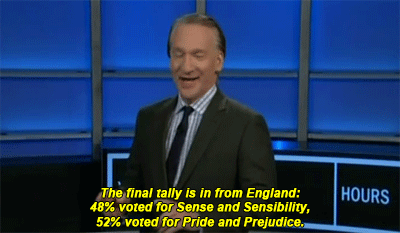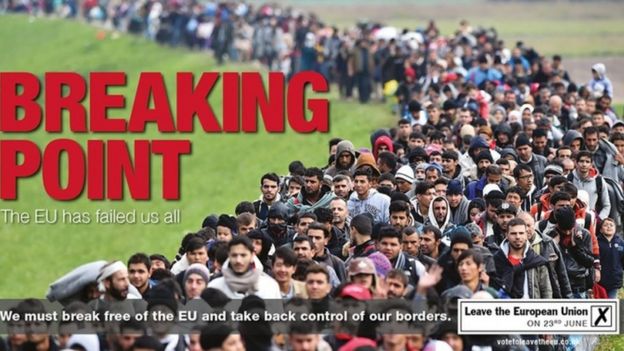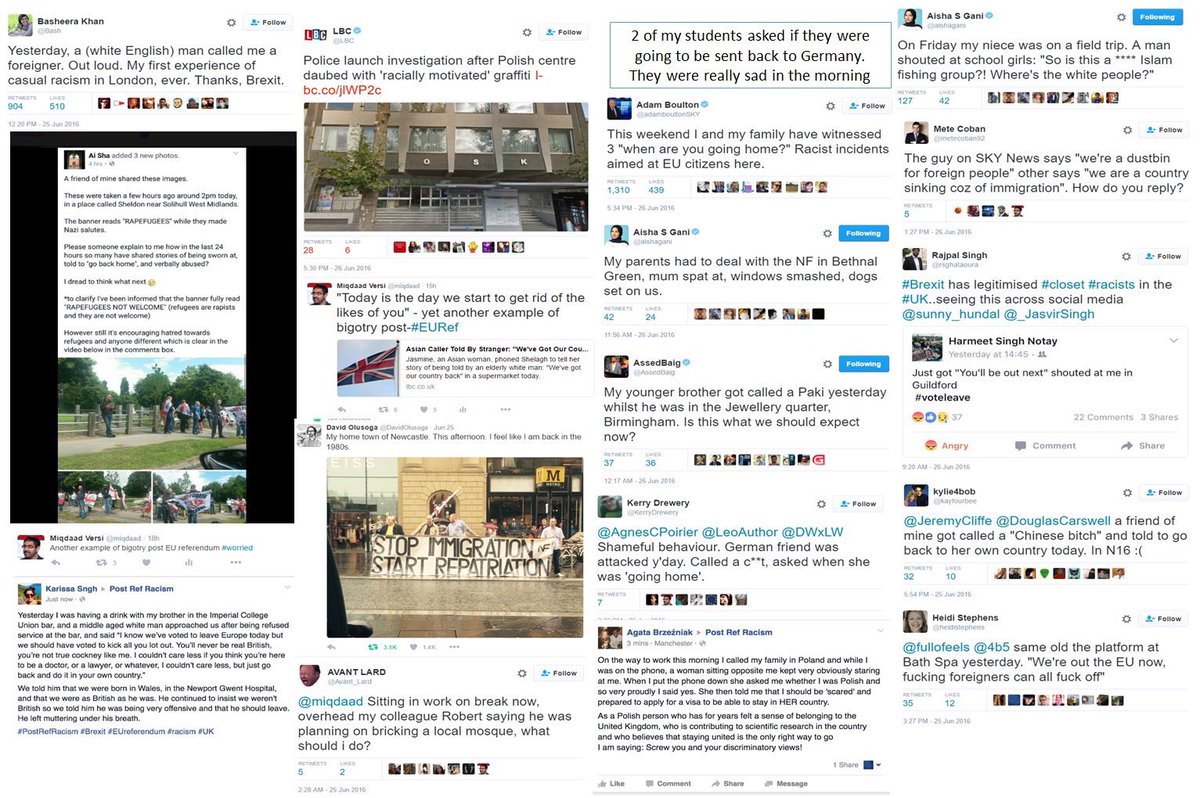If you are hoping to find guidance, or direction in life,
then please for the love of gawd backspace outta here! This is a canvas for the
disjointed, undecided, and totally confused thoughts that have taken up too
much residence in the prime headspace of my Craniumtown.
I have no clue what to do with my life. No, that’s not
exactly true: I have too many ideas of what to do with my life, but no concept
of prioritising, and plagued with indecision, which leaves me akin to a fat
penguin, floundering on ice.
FLAP FLAP FLAP.
I think the problem comes from the fact that I’m too easily
swayed. I talk to my family and develop a picture of a future with a
traditional degree, stable 9-5 job, wearing ties, summer getaways. Exposed to
my friends for too long, and I’m coming up with blueprints for our newest food
sensation (Kabab Biryani, patent pending). Having an extended chai break with
colleagues, and I’m either committing myself completely to work from that
moment forth or thinking of immediately handing in my resignation and doing
“what I really want” to do.
Trouble is, I don’t know what I want to do. Being the soon-to-be
twenty-three old that I am, I am expected to have it all figured out: career;
priorities, both professional and personal; long term goals etc etc. But I
don’t, and that’s the fact. I’m rather defiant in my indecisiveness. Because
that’s just it, I do want to do all those things. I want to be good at the job
I’m in, get the degree my parents want, I also want to write, and cook, and
travel, and get a phD! But I am told I can’t do all of that, and need to pick
one path. And honestly, with age or maturity, or my increasing jadedness
towards life, I’m coming to terms with that.
I’m really not happy about that.
Couple days back, I came across this article by a writer for
the economist. In it he was comparing the working styles, and priorities of his
generation and his father’s. I related heavily to it considering that the
writer (Accountant Dad, Economist-Writer Son) was pretty much me from an
alternate universe, with a few minor tweaks.
He talked about how his dad worked till retirement (just
like my Pa) and that the financial reward from his job was his main priority.
For the writer however, he wanted emotional satisfaction as well as financial
gain, something which baffled his dad. And it’s true, my generation is very
much focused on finding not just a job but something which has meaning, makes
them feel important, that they are making something, or bringing about some
change. That they matter.
I was fully on board with the writer, as he extolled the
virtues of letting his work dominate his life, because it made him feel good
and alive, he got to interact with interesting smart people, got to tackle
challenging problems, live in a capital of the world, socialise with high
brass, the lot. I thought that this is the good life that I want, this is what
I’m working towards, and that society will appreciate me for it.
I shared this article with my fiancé-to-be, and she saw it
in a different, and honestly mind-blowing way. She said that she saw it as an
addict justifying his addiction.
I gave it another read, and I saw it as clear as day. The
writer tried really hard to be unbiased and it showed: he wasn’t just preaching
the virtues of his life-style, he was balancing it out with what he was losing
as well. Every facet of life was dominated by his professional occupation.
Everything from relationships, to moving to London from North Carolina to be
closer to the Economists HQ, social goals, late working hours, were all
motivated by and related to his career.
This made me think, when does hard work become workaholism?
For me workaholism would be slaving away day after day at a
job that I don’t like or appreciate, where I feel I’m not making a change and
that it’s ultimately pointless in the grand scheme of things. However, I would
consider working day and night on my own business or project as dedicated hard
work.
It’s all based on perception. Long working hours are the
norm today, and society appreciates how work-oriented you are. It is considered
a sign of having your priorities in order. We want our actions and choices to
be justified by others, and what better justification is there than “everybody
is doing it”. If you go against popular opinion, you are derided and punished
because you call into question everybody else’s choices as well. And people are
generally averse to introspection.
I asked my dad if he thought he was a workaholic, and he
said yes. He thought about work most of the time, and it weighed on him. I
asked him if he would have taken a lower paying job to get better hours and
spend more time with his family or on himself. He said yes he probably would
have but also that he gets plenty of time now.
He pulls a 9am to 7pm on average, and works at least another
day most weekends.
I’m not saying at all that my father is an unhappy man, or
that I’m judging him for his life. It’s this very life that has allowed me to
live in utter luxury, which in retrospect may be the reason behind my
predicament.
My father’s goal was financial gain, and he worked extremely
hard for it. He provided for his siblings, and his family, to the extent that
by the grace of god and the universe, we have never wanted for anything.
I’ve never been hungry, or cold, or faced even a shadow of
poverty. My father did, and he worked his life to change that.
Maybe that’s why I don’t have the amount of motivation he
does, I have never needed to struggle, and everything was given to me, so I
don’t know what it is like to strive for something greater. It seems
paradoxical, as most popular motivation theorists say that if your physical
needs are met, you have the potential to work even better and accomplish even
more. Yet I define my life with the same mentality of financial gain being the
only worthy objective, and working being the only noble pursuit.
My father said that retirement scared him because he
wouldn’t know what to do with all the time. I’m afraid of all my time being
eaten up by things I don’t want to do. But I’m scared of taking action and
changing my life around, because of the reaction of others, and how I would be
perceived as a failure, or a quitter, as somebody who is deluded and doesn’t
have their priorities in order. Financial considerations are also a factor,
considering the social lessons of wanting more, more and more are ingrained in
me from birth.
Wanting more is equated with surviving, maintaining the
current standard of life. The only improvement to this situation is assumed to
be more of everything. More possessions, more friends, more respect. We are
terrified of the assumed alternatives, that we would lose all that we have
acquired.
We don’t explore the full potential of our futures because
again, we are scared of failing. Sticking to the straight and narrow, to
perceptions and life-styles that are seen to be working is the safe thing to
do. Sylvia Plath said it best when she described life as a branching fig tree,
with each fig representing a path that she could take. But picking one fig
meant losing all the others. Plagued by indecision, she waited at the foot of
the tree, until all the figs fell off the tree, dead.
Being undecided is okay. Being inactive isn’t an option. I’m
taking steps to get out of the slump I’m in right now, giving myself a platform
from which to do something I want to do, when I figure it out. I don’t have to
conform to the rules if I don’t want to. I have to be aware of that means
though. Maybe I won’t have the same material assets that my counter-parts do,
not the same level of social acceptance they would enjoy.
But I think, I would be happier.
And isn’t that what everything’s all about?








